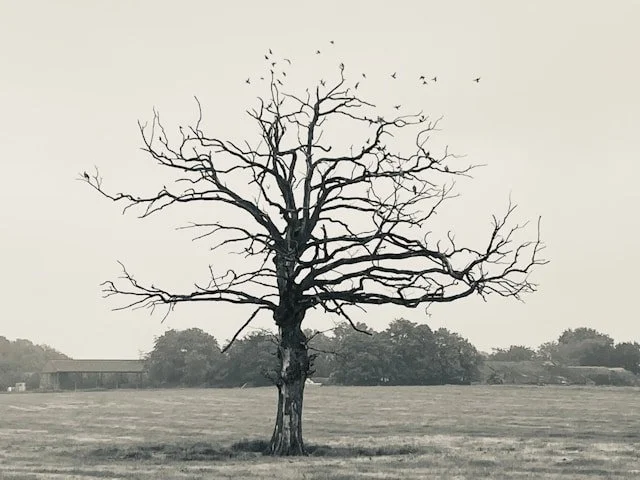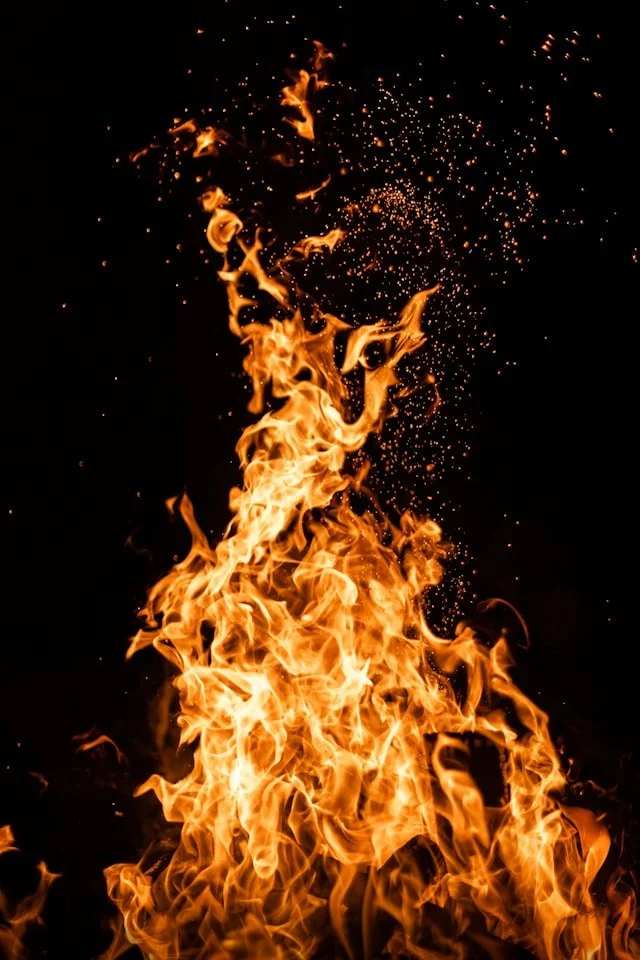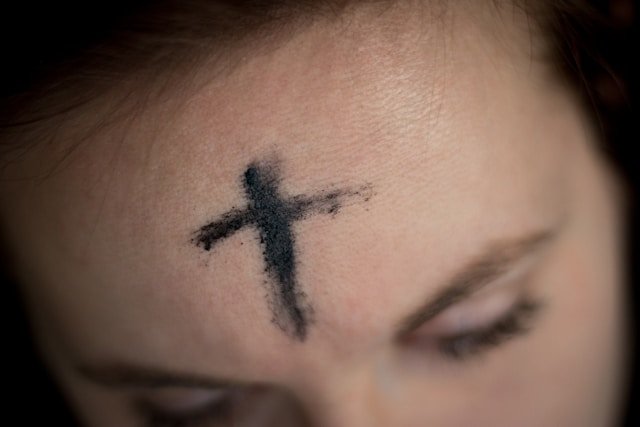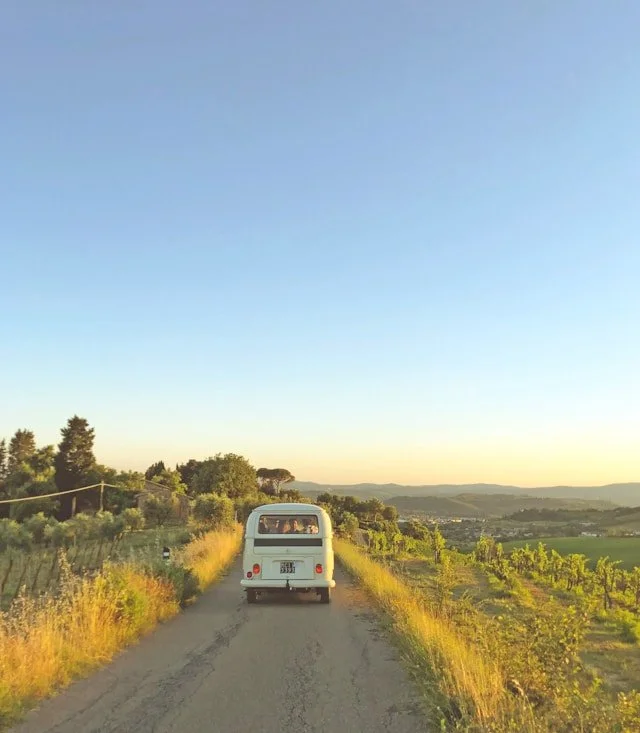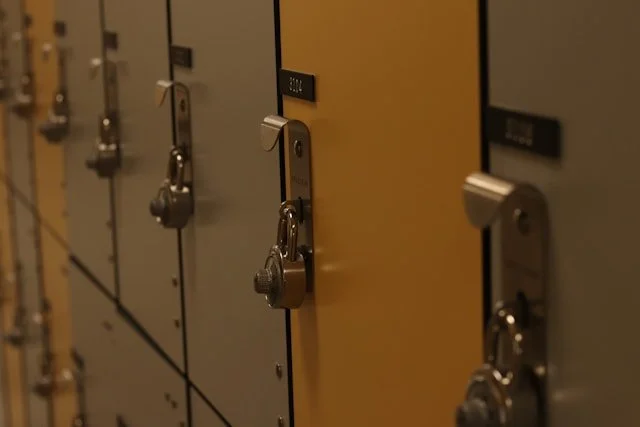How to practice gratitude (even when you don’t feel it): O. Alan Noble says, “We like to think of gratitude as an overflowing feeling directed at others—an outpouring of love and warmth. But sometimes warmth doesn’t come. Even still, another’s kindness deserves our gratitude. What are we to do when we don’t feel grateful but know we ought to be?”
Fight burnout with thanksgiving: Ajith Fernando writes this to pastors, but it’s applicable to everyone. “I have come to notice that the most joyful people in my life and ministry are also the most thankful, and joyous people experience freshness as they go about their service. God’s grace is a means of freshness over the long haul.”
Wanderlust and the Christian Life
“Oh the places you’ll go!” Dr. Seuss believed that the true achiever is an adventurer: “You’ll head straight out of town. It’s opener there in the wide open air. Out there things can happen and frequently do to people as brainy and footsy as you.”
“We’re taking a vision trip to Florida,” our friends shared. Tired of the heat of the Sonoran Desert, they set out to find the perfect place for their family to settle. I’ve been part of several similar conversations. It’s healthy for couples to dream together. I’ve seen God weave those dreams into something that honors him and blesses others.
How Hard Is Your Heart?
You can tell a good piece of fruit or vegetable by its color and by its feel. The avocado, though, is tricky. A novice might think that a bright green, hard avocado is the best, but counter-intuitively, the best avocados are dark, with shades of brown, giving easily to the touch. The heart of a growing Christian also gives easily to the touch.
When we seek out counsel, the state of our hearts can resist the very thing we want. A soft heart can turn mediocre counsel into pearls of wisdom. A hard heart will turn the wisest counsel into sawdust.
Ducking Suffering
"Forgive me for all the times I needed to suffer and I ran from it, I numbed it.” The prayer caught me off guard. I looked up. Aspens bent in the wind outside the window. A small group of pastors gathered in the small community center in the tiny town of Summerhaven, located near the summit of Mount Lemmon, 5,000 feet above Tucson.
Who hasn’t avoided suffering? I’ve avoided suffering in countless ways: I’ve dodged difficult conversations, evaded serving, neglected the spiritual disciplines of fasting and silence, overspent our budget, and skipped leg day. But how often have I prayed for forgiveness for shirking suffering?
Thank You Gracious Church Members
Presidents age poorly. Photos of U.S. presidents before and after their terms reveals what we all know: the weight of leading a country impacts you. Take a look at George HW Bush after just four years. Barack Obama had nary a grey hair when he entered office. When he left, he had a lot more salt than pepper.
Leadership isn’t easy. We pastors are called to keep watch over the sheep, prepared to give an account to God for their care. That is a heavy responsibility. Many (myself included) aspire to leadership, not recognizing the burden that comes with caring for people. Some are hard to lead. They disengage, they wander, they chafe at correction, and they demand that their preferences are met.
An Upside-Down Guide to High School
I vividly remember freshman year, walking into the big leagues with 6-foot-tall basketball players roaming the same halls as myself. Looking to these 18-year-old giants, nay, men who had seemingly figured all things out as they were so very close to tasting the real world. The crowds of friends blocking the hallways, (would I ever be a part of that?), the guy and girl walking side by side, (will I ever have that?), the announcements of the valedictorian over the loudspeaker, and the waves of congratulations that followed their steps, (I wonder if people will ever recognize me?).
The Danger of Ingratitude
There is a deadly toxin that contaminates the air we breathe. It’s a poison that, if we are aware of it at all, seems innocuous to us both because everyone else is breathing it in, and as far as we’re aware of it, others are breathing more of it in than us.
The poison is ingratitude. And it is everywhere.
Everything (that I don’t have) is Awesome
Psychologists agree that social media has made us less happy. Why is that? Because the constant access into others’ lives taps into our propensity toward ingratitude. We are surrounded by neighbors with nicer cars, friends who take better and longer vacations, couples who are happier, and everyone seems to be fitter and better dressed than we are. And it’s all there for us to see tucked into that powerful, shiny rectangle in our pockets. Every minute of every day.
Sabbatical Gratitude
I’m back! My first sabbatical was a wonderful experience. We spent twenty-four days on the road visiting eight national parks. Beauty met us at every turn. Many have asked what I learned on sabbatical. I’m not sure I can answer that question. But I’ve experienced truths about who I know God is more deeply: his grandeur, his bigness, his beauty.
The Power of Encouragement
We are called to be those marked by encouragement. So, why is encouragement so hard for us? Why do we withhold praise? For some of us, we withhold encouragement because we just get busy. I like to write encouragement notes to volunteers and co-workers at New Life, but it’s surprising how quickly the weeks (and sometimes months!) go by between when I write them.
Some of us withhold encouragement because we are too focused on ourselves. It requires a humble heart focused on others and not ourselves to offer encouragement. To the extent that we are self-focused, we will never be able to be strong encouragers.
Injustice: The Gratitude Snatcher
I pray you had a blessed Thanksgiving. I hope your heart entered into this past week with a spirit of gratitude and that your time with friends, family, and God only heightened that gratitude.
No one wants to walk in ingratitude, and yet gratitude can be so quickly snatched from us.
What destroys thanksgiving? There are many threats: envy, pride, and selfishness. But one sneaky snatcher of gratitude is injustice. When the earth quake with injustice, its tremors rattle our hearts and our trust.
When we experience injustice, questions swirl: Why would God allow this wrong to happen? Doesn’t God care about me? Won’t the wrongdoer be punished? Won’t the victim receive restitution?
Our hearts cry out: but why God? When the solid ground beneath us breaks in the earthquake of injustice, we can be left feeling uncertain, shaken, and fearful. In this broken soil, gratitude can slip away.
When the people of Nineveh repent and God forgives them, Jonah is dismayed. How could a just God let the Ninevites off the hook? They were a city of “unceasing evil” (Nah. 3:19), filled with violence, cruelty, sexual debauchery, and idolatry. Jonah is indignant.
